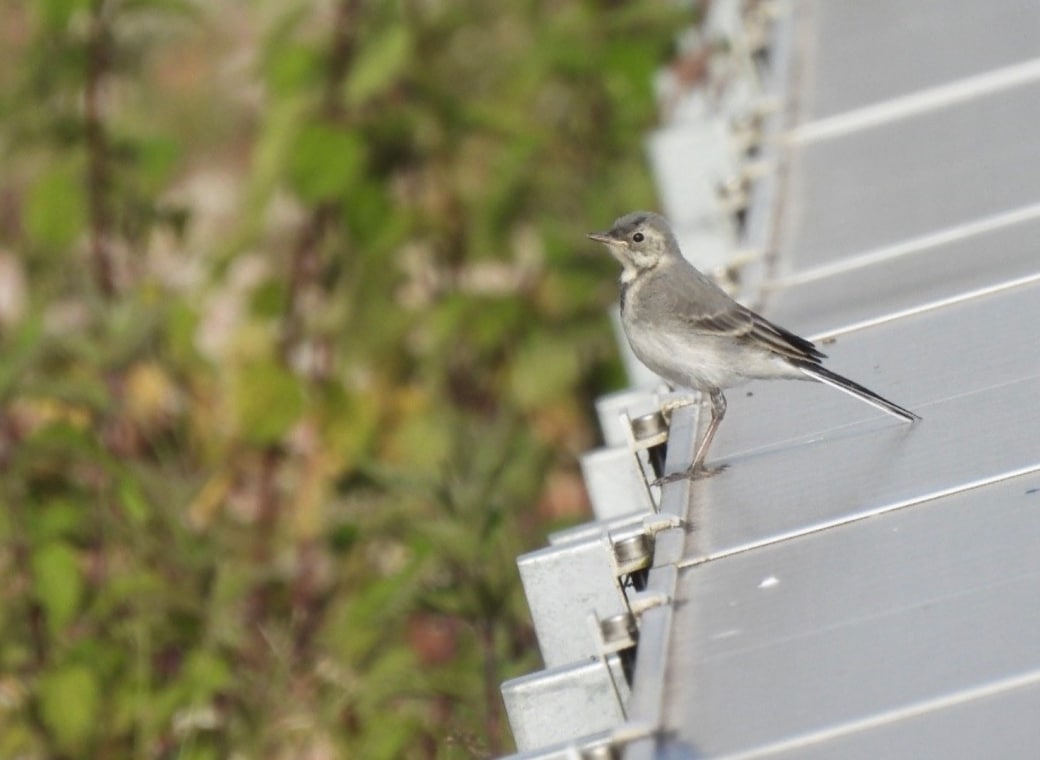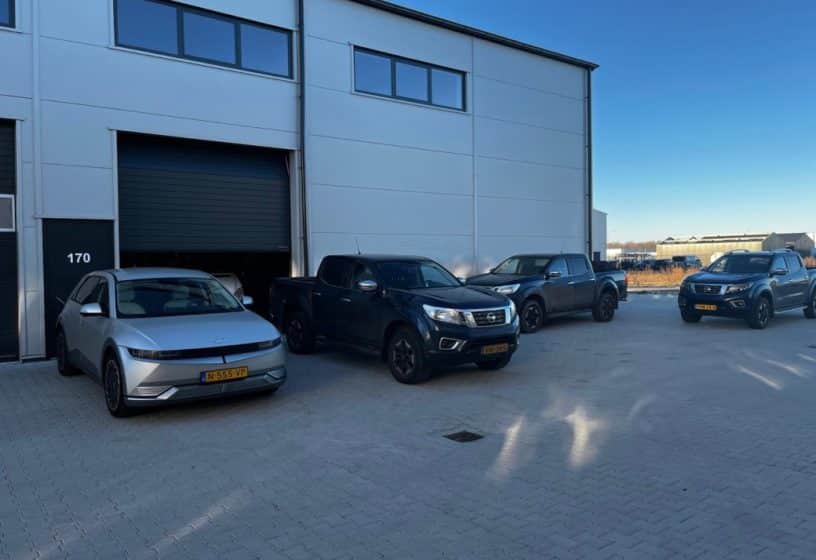A study conducted by the University of Groningen, sheds light on the ecological benefits of solar parks situated on agricultural lands in the Netherlands. The study included research, at Buinerveen and Midden-Groningen, two large-scale solar parks within the O&M portfolio o f Zonnepark Services. It unveils how these renewable energy sources can coexist with, and even enhance, local biodiversity.
Solar Parks: A Haven for Wildlife
The study’s findings affirm the symbiotic relationship between solar energy production and ecological preservation. It demonstrates significant positive effects on various fauna groups, including birds, butterflies, mice, and a diversity of plant species within the solar park premises compared to adjacent agricultural fields. Notably, birds that thrive in rough and shrub habitats were found in higher densities within the solar parks, benefiting from the unique environments these parks provide for breeding and foraging.
Conversely, species accustomed to open agricultural lands showed a tendency to avoid solar parks, suggesting a nuanced approach is required in the design and management of these spaces to cater to a broader range of species. The study advocates for more expansive layouts or the incorporation of external compensatory measures to create suitable habitats for these particular bird species.
Butterflies and Plants Flourish
Butterflies, indicators of a healthy ecosystem, were observed in greater numbers within solar parks. This increase is attributed to the parks’ grassy and herbaceous vegetation, which stands in stark contrast to the often barren agricultural lands surrounding them. The research underscores the importance of vegetation management practices, such as controlled mowing and grazing, in maintaining these butterfly-friendly habitats.
The diversity of vegetation was also significantly higher in solar parks, providing a rich tapestry of plant species not commonly found in adjacent agricultural areas. This biodiversity is crucial not only for the ecosystem’s health but also for the stability and resilience of local flora and fauna.
Implications for Future Solar Park Design
The study’s insights into the ecological dynamics of solar parks offer valuable guidance for the future development of these renewable energy sources. By considering the ecological impact at various scales—from the layout of solar panels to the management of vegetation and water drainage—solar parks can be designed to support a rich biodiversity.
Compensatory measures, such as the development of specific habitats within or around solar parks, emerge as vital strategies for enhancing their ecological value. These measures not only contribute to biodiversity but also pave the way for a harmonious integration of renewable energy infrastructures within natural landscapes.
A Step Forward for Renewable Energy and Biodiversity
As we navigate the challenges of climate change and biodiversity loss, the findings from this study illuminate a path forward where renewable energy projects contribute positively to environmental conservation efforts.
The research offers hope for the future, where the expansion of renewable energy can go hand in hand with the preservation and enhancement of our natural world.




